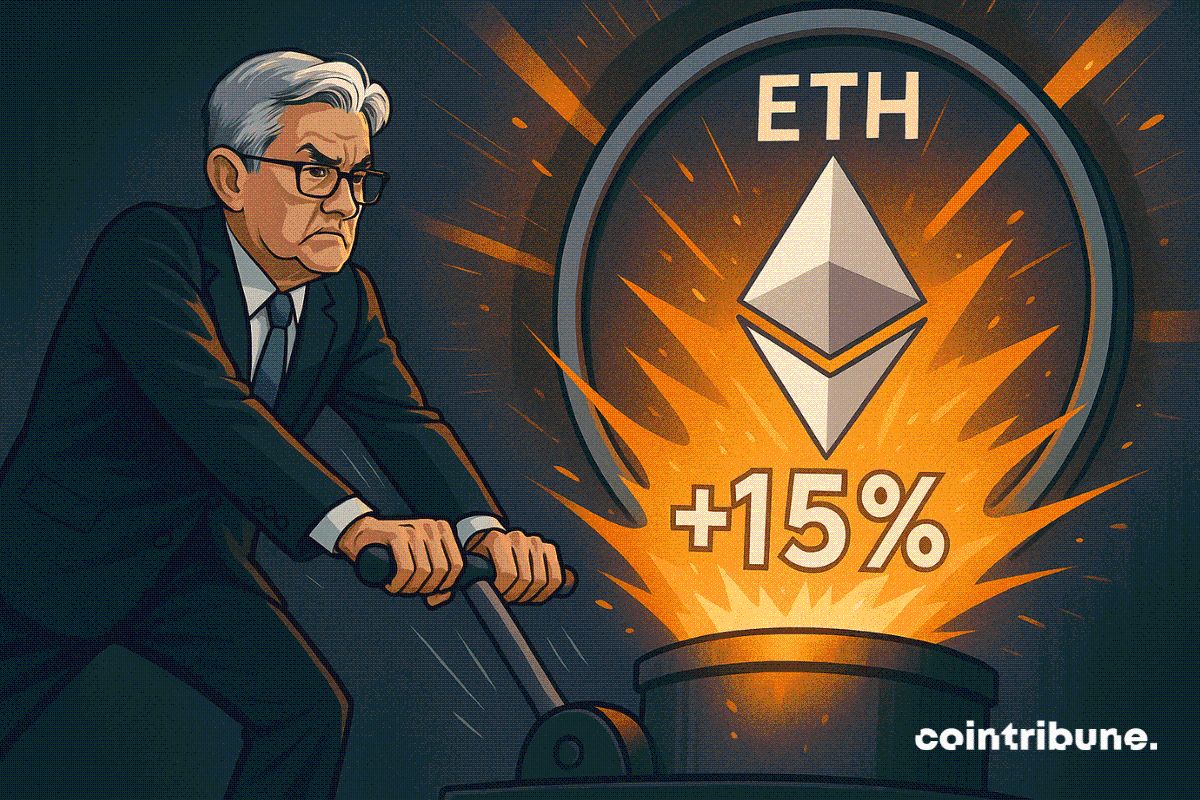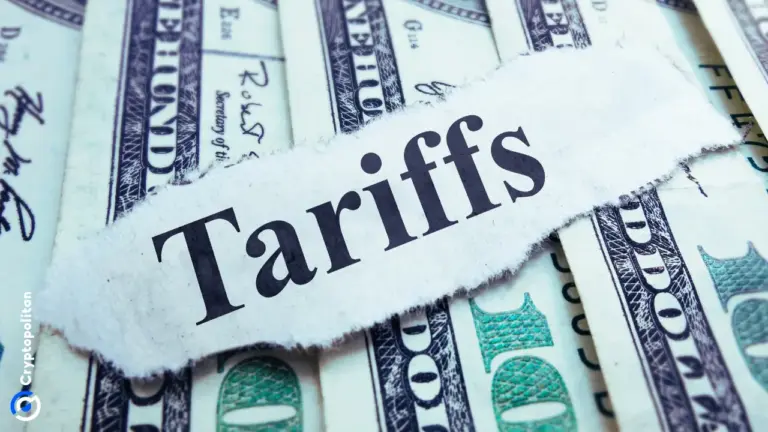News
Stay up to date on the latest crypto trends with our expert, in-depth coverage.





Share link:In this post: Bitcoin treasuries have dropped in value. Ledn’s CEO says big returns are fading. Ledn launched a new wealth program for BTC-backed loans.

Share link:In this post: Lars Klingbeil said Germany’s coalition will pass major reforms by year-end to boost growth. GDP shrank 0.3% in Q2 2025, worse than the earlier -0.1% estimate. Manufacturing, exports, investment, and consumption all dropped sharply.

Share link:In this post: Nigeria has announced the deportation of another round of foreign nationals convicted in several crypto-related crimes. According to the EFCC, the current group of departed individuals comprises 102 foreign nationals. The EFCC has promised to step up efforts to curb these crimes, noting that more deportations have been scheduled in the coming months.

Share link:In this post: Trump’s tariffs will cut the U.S. deficit by $4 trillion through 2035, says the CBO. $3.3 trillion will come from primary deficit reduction, and $700 billion from lower interest payments. The tariff revenue nearly offsets the $4.1 trillion debt impact of Trump’s One Big Beautiful Bill Act.
- 15:16Federal Reserve's Jefferson: Digital assets are an important part of U.S. financial innovationChainCatcher news, according to Golden Ten Data, Federal Reserve Vice Chair Jefferson stated that financial innovation has always been a major feature of the U.S. financial system, and the rise of digital assets is part of this trend.
- 15:05USD/JPY breaks through 155.04, reaching a new high since FebruaryAccording to ChainCatcher, citing Jinse Finance, the USD/JPY has surpassed its previous high of 155.04, reaching a new peak since February.
- 14:52Ethena Labs proposes using reserve assets to buy back USDe when secondary market prices depegChainCatcher news, Ethena Labs has recently proposed a new mechanism aimed at supporting orderly market liquidity and stability by repurchasing and burning USDe when its secondary market price falls significantly below its pegged value. This proposal is a risk management response to an incident where, during extreme market volatility on a certain exchange, the price of USDe briefly and severely depegged to $0.65. The core mechanism for repurchase is as follows: it is only activated during "severe market dislocations," with the initial price threshold set at USDe trading at $0.99 or lower. Source of funds: the repurchase will use available stablecoins (such as USDT) from USDe's existing reserves. Amount: it is proposed to use 1.2% of USDe's total reserve assets, which, based on the current USDe supply, is approximately $95 million. Operation: the repurchase will be executed by placing buy orders on centralized exchange (CEX) order books, using an off-chain solution, without depositing reserve assets directly into the exchange. Immediate burn: the repurchased USDe will be immediately burned. Protocol benefits: the net impact of this mechanism will be to increase the collateralization ratio—buying USDe below $1 captures the price difference and increases protocol reserves, thereby raising USDe's collateralization ratio; reduce supply—burning USDe decreases its circulating supply; support price—providing direct buy-side support in the secondary market during periods of market stress to stabilize the USDe price. Addressing Gas fees: Ethena can use the captured price difference to cover high Gas fees, ensuring arbitrage operations can still be conducted during network congestion, which was one of the reasons market makers were restricted on October 10. Background review: During the market volatility on October 10, although Ethena's core mint/redeem function operated normally and processed over $2 billion in instant redemptions within 24 hours, the lack of direct USDe mint/redeem integration on a certain exchange and deposit/withdrawal issues faced by traders on CEX led to a severe depegging of the USDe/USDT spot price on that exchange. This proposal aims to proactively intervene in the secondary market to avoid the "cyclical loop of USDe liquidations" effect caused by similar incidents and to bring net benefits to the protocol. Members of the risk committee have received this proposal and will provide recommendations in due course.